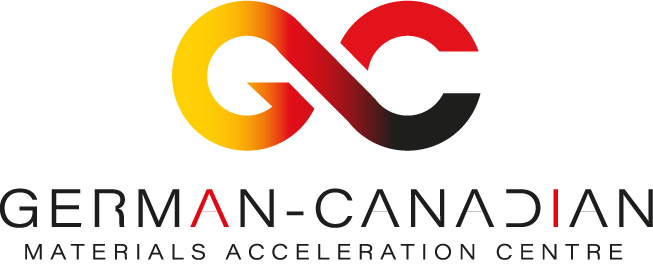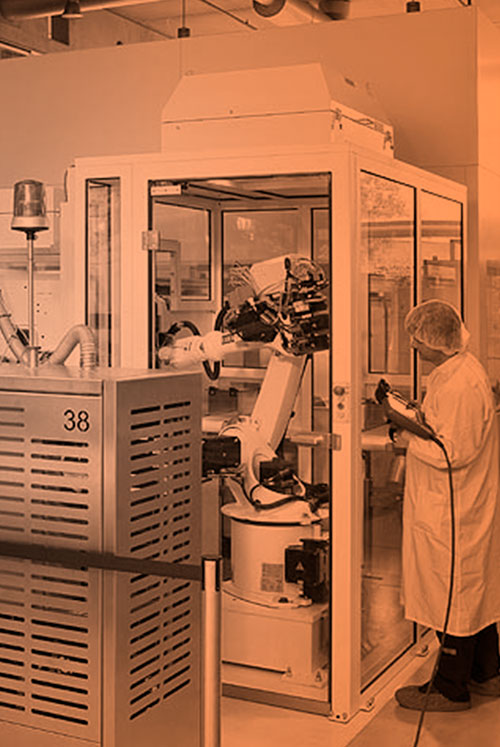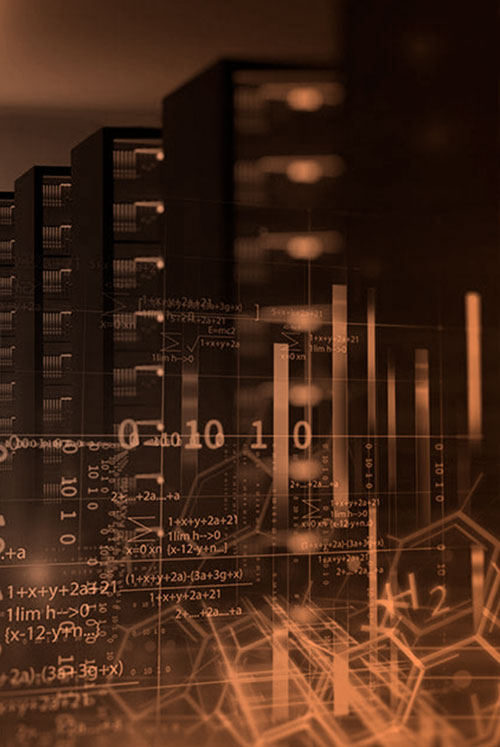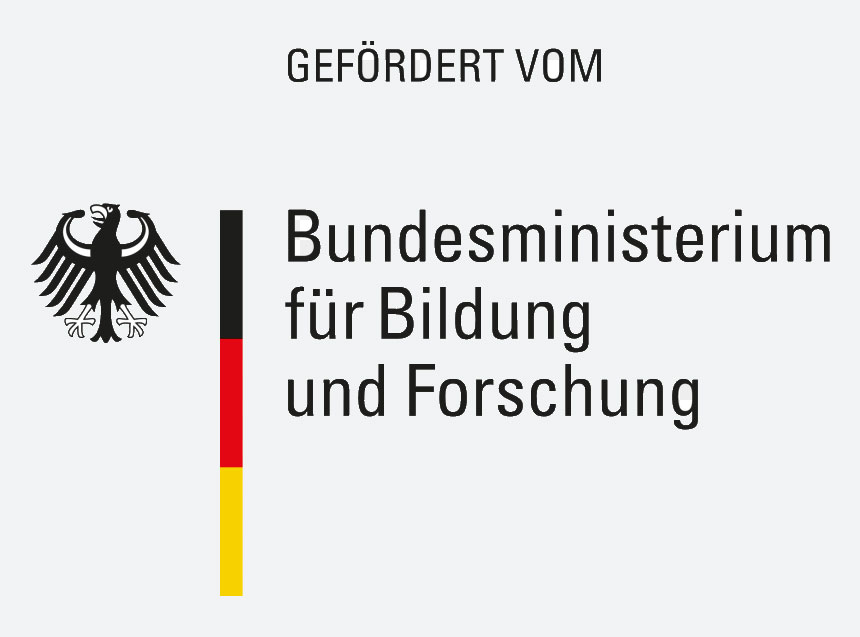Tapping into world-leading expertise and facilities in Germany and Canada, the German-Canadian Materials Acceleration Centre offers one of the top innovative and agile ecosystems in energy materials science. The underlying research capabilities to enable robotic materials acceleration platforms (MAPs) spans from fundamental materials theory and modeling, interfacial electrochemistry, AI-enabled materials (inverse) design, high-throughput computational and experimentation methods, design-to-device workflow, data science and analytics, and advanced characterization tools and methods. GCMAC aligns its R&D strategy with the global transition towards a de-fossilized, decentralized, efficient, and
economically viable energy infrastructure.

Topics
Work Packages:
WP1
THEORY AND MULTISCALE MODELING
full-cycle approach in theory and computation
WP2
AUTONOMOUS ROBOTIC PLATFORMS
experimental workflow development and systems integration
of equipment for fabrication and characterization of energy materials
WP3
AI-DRIVEN DESIGN AND ADVANCED SIMULATIONS
developing and deploying AI and ML tools for challenges related to the prediction of properties of energy materials and devices, accelerated computational design of
materials and accelerated atomistic simulations and multiscale modeling workflows
WP4
CHARACTERIZATION AND FABRICATION TECHNOLOGIES
deploying analytical techniques involving microscopic, spectroscopic, electrochemical methods; operand spectroscopy and imaging; and performance-lifetime testing of materials, components, and devices.
WP5
AI-BASED DATA HANDLING AND WORKFLOW OPTIMIZATION
addressing inefficiencies in the quality, supply, and management of materials R&D data, real-time data accessibility and traceability, and development of effective
AI-based pipelines

Application areas
· Green Hydrogen technology (generation, storage, distribution, and usage)
· Advanced batteries
· Electrochemical CO2 conversion to clean fuel
